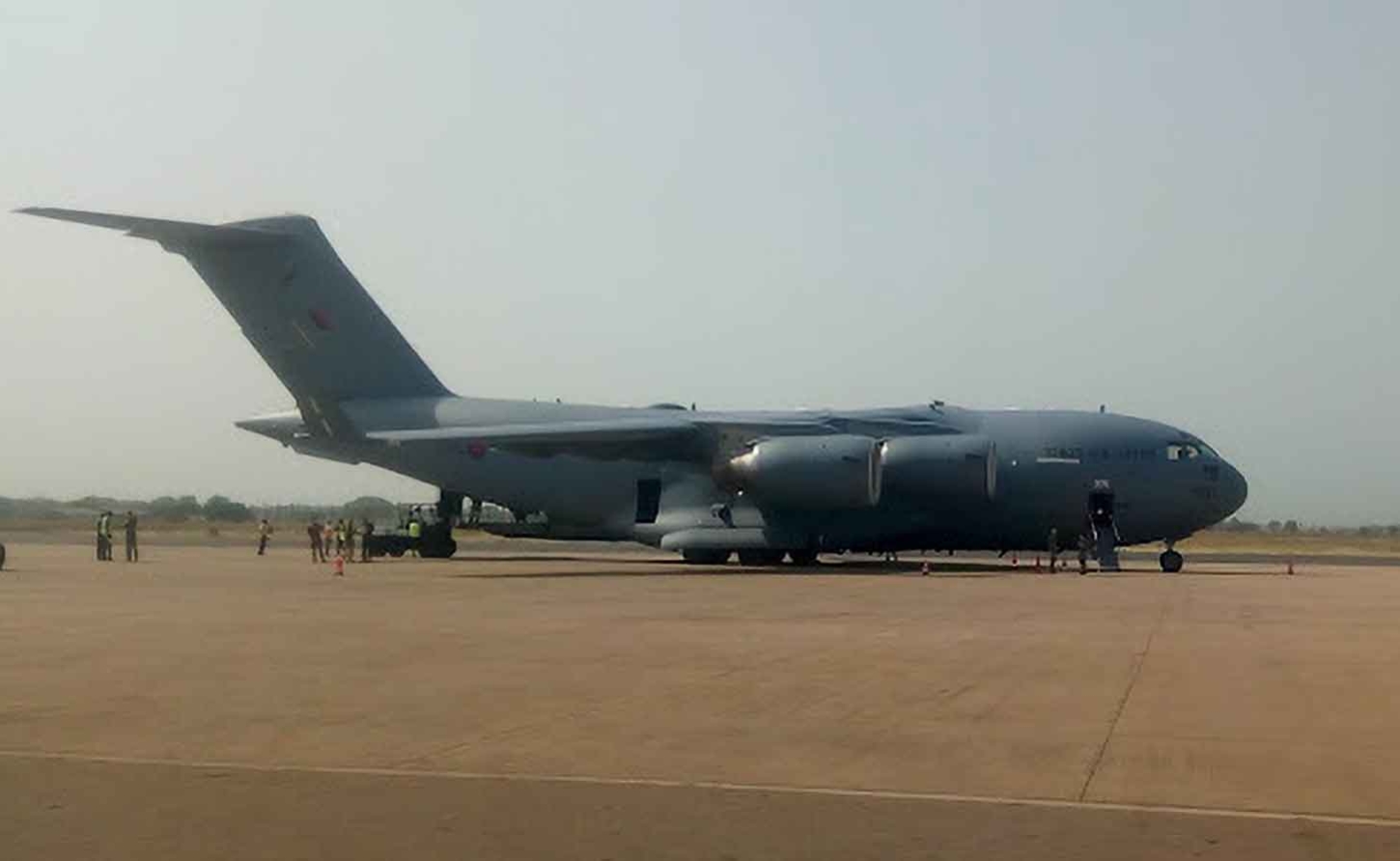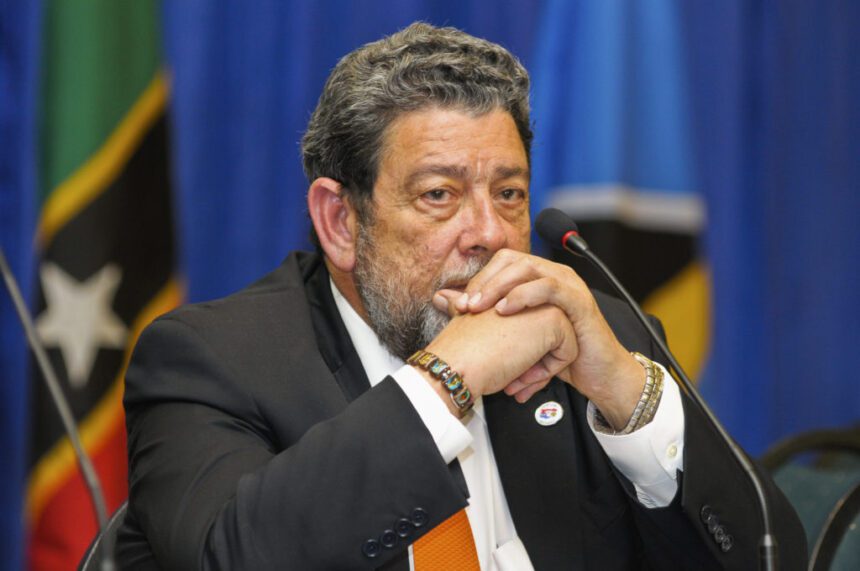UNITED STATES | When Power Trumps Principle: The South Sudan Deportation Crisis and the Caribbean's Diplomatic Awakening

MONTEGO BAY, Jamaica, July 14, In the pre-dawn hours of July 5, 2025, a U.S. military aircraft touched down in Juba, South Sudan, carrying eight shackled men whose journey would expose the alarming depths of American immigration policy under Donald Trump's second presidency.
The deportees—from Cuba, Mexico, Laos, Myanmar, Vietnam, and only one from South Sudan itself—had been held for weeks in converted shipping containers at a U.S. military base in Djibouti while courts battled over their fate.
What makes this case extraordinary isn't just the humanitarian crisis it represents, but the brazen violation of international law it entails—and the ominous precedent it sets for Caribbean nations increasingly caught in America's deportation crosshairs.
The Legal Smoking Gun
James Loko, an International Law professor at the University of Juba, condemned the move as "a clear breach of the non-refoulement principle established by the Convention Relating to the Status of Refugees," warning that sending individuals to countries with which they have no legal ties poses "profound ethical and legal dilemmas."
The non-refoulement principle—a cornerstone of international refugee law—explicitly prohibits returning people to territories where their lives or freedom would be threatened. As customary international law, this principle is binding on all states, regardless of whether they've signed specific refugee conventions.
Yet the Trump regime has systematically dismantled these protections, with South Sudan serving as the most egregious example.
The men received less than 24 hours' notice before deportation, a timeframe immigration lawyers say makes meaningful legal challenge virtually impossible, especially for non-English speakers.
Federal judges expressed horror at the precedent, with Judge Randolph Moss stating it was "almost self-evident that the United States government cannot take human beings and send them to circumstances in which their physical wellbeing is at risk simply either to punish them or send a signal to others."
Caribbean Nations in the Crosshairs
The South Sudan case should terrify Caribbean policymakers. According to ICE documents, 97,148 Caribbean nationals are currently on removal lists, with Cuba (42,084), Haiti (32,363), and the Dominican Republic (12,699) topping the charts. Among English-speaking nations, Jamaica leads with 5,120 deportees, followed by Guyana (1,236) and Trinidad and Tobago (1,197).
The economic leverage America wields over the region makes resistance particularly challenging. Professor Andy Knight warns that mass deportations will dry up remittances—a crucial revenue source for Caribbean families—while Trump's "America first" policies threaten regional trade relationships. The message is clear: comply with U.S. deportation demands or face economic consequences.
The South Sudan Playbook: Economic Desperation Meets Diplomatic Coercion
South Sudan's capitulation offers a chilling blueprint for how America pressures vulnerable nations. Political Science professor Abraham Koul Nyoun acknowledged the country viewed accepting deportees as "both a challenge and a diplomatic opportunity" to negotiate the lifting of U.S. sanctions.
When South Sudan initially refused a Congolese deportee in February 2025, U.S. diplomatic and economic pressure, including threats to restrict bilateral cooperation, forced a reversal by May.
This is gunboat diplomacy disguised as immigration policy. The Trump regime had already revoked all South Sudanese visas, claiming their government failed to accept deportees "in a timely manner," before the country agreed to take not just its own citizens, but foreign nationals with no connection to South Sudan.
The Human Cost of Geopolitical Games
The eight deportees spent 23 days in what court filings described as converted shipping containers in Djibouti—conditions that were "challenging for the detainees and ICE officials" alike.
They now find themselves in a country the U.S. State Department warns Americans not to visit due to "crime, kidnapping, and armed conflict," where the UN warns a political crisis could reignite brutal civil war.
Professor Nyoun cautioned that "some of the deportees could pose a threat if not subjected to proper supervision," while warning this acceptance could be "misinterpreted as a willingness to turn the country into a dumping ground for people."
A Wake-Up Call for Caribbean Sovereignty
The South Sudan precedent exposes how Trump's immigration agenda operates: identify vulnerable nations dependent on U.S. economic relationships, apply pressure through sanctions or aid threats, then exploit their desperation to dump deportees regardless of legal connections or safety concerns.

When Colombia's President Gustavo Petro attempted to block deportation flights in January, it led to his government coalition's collapse and required intervention from former President Álvaro Uribe. The message was unmistakable: resistance comes at a steep political cost.
As Caribbean nations face mounting pressure to accept not just their own citizens but potentially third-country deportees, the South Sudan case serves as both warning and wake-up call. The choice is stark: develop collective resistance strategies now, or risk becoming America's next dumping ground for unwanted migrants.
The precedent has been set. The question is whether Caribbean sovereignty will be the next casualty.
-30-
